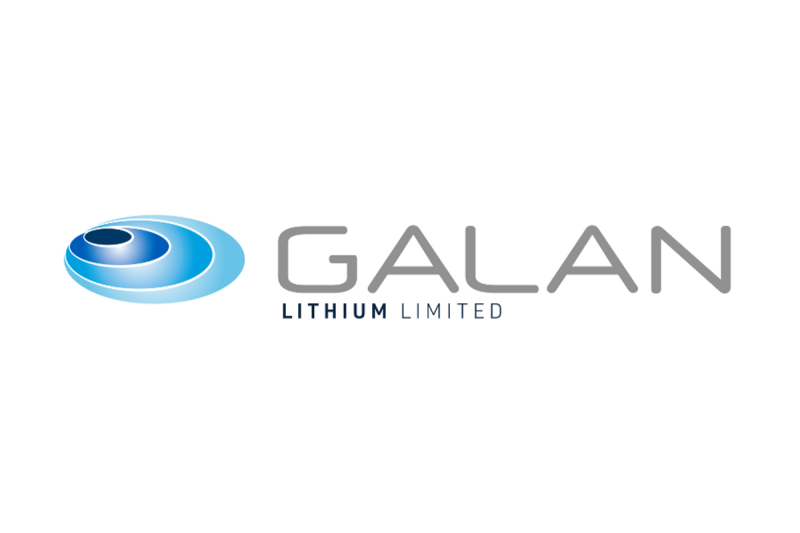Lithium mining has long been a topic of controversy due to its potential environmental impact and geopolitical implications. The world’s growing demand for lithium, driven by the rise of electric vehicles and renewable energy technologies, has led to a surge in mining activities in regions rich in lithium deposits. One such region is the Galan Lithium Project, located in Argentina.
The Galan Lithium Project is situated in the renowned South American “Lithium Triangle,” which includes areas in Argentina, Bolivia, and Chile with some of the largest lithium reserves in the world. Argentina, in particular, has become a significant player in the global lithium market, attracting interest from mining companies seeking to capitalize on the country’s vast lithium resources.
The development of the Galan Lithium Project represents a significant opportunity for both the region and the global lithium market. With an estimated resource size of over 1 million tonnes of lithium carbonate equivalent, the project has the potential to become a key supplier of lithium for the growing electric vehicle and renewable energy sectors.
However, the mining of lithium is not without its challenges and controversies. Environmental concerns surrounding lithium mining include water usage, land degradation, and potential pollution of local ecosystems. The Galan Lithium Project is located in a sensitive ecosystem, and stakeholders are closely monitoring the project to ensure that environmental impacts are minimized and sustainable mining practices are implemented.
In addition to environmental considerations, the Galan Lithium Project also faces geopolitical challenges. As demand for lithium continues to rise, countries with significant lithium reserves are increasingly viewed as key players in the global energy transition. This has led to competition among nations to secure access to lithium resources, potentially creating tensions and conflicts over resource ownership and control.
The development of the Galan Lithium Project highlights the complex interplay between environmental, social, and economic factors in the global lithium market. As stakeholders navigate these challenges, it is essential to prioritize sustainable practices, responsible resource management, and transparent governance to ensure that lithium mining can support the transition to a low-carbon future while minimizing negative impacts on local communities and ecosystems.

